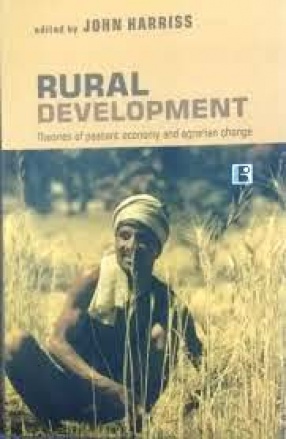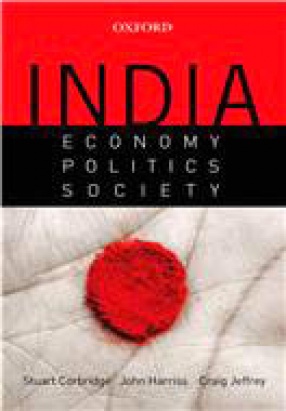
Showing all 4 books


This book provides an important set of basic materials for students of rural development. Key papers have been chosen and arranged, and the editor has provided a general introduction and passages that link the papers, alerting the student to rival theoretical interpretations and to regional parallels and contrasts.
The book’s main aim is not to say how rural development should be achieved, but to provide a basis for the analysis of the processes that make ...

Twenty years ago India was usually thought of as a typical developing country, home to the largest number of poor people of any country in the world, and beset by problems of low economic growth, casteism and violent religious conflict. Now India is being feted as an economic powerhouse which might well become the second largest economy in the world before the middle of this century. Its democratic traditions, moreover, remain broadly intact.
How and why has this ...

The idea of social capital—meaning, most simply put, ‘social connections’ was unheard of outside a small circle of sociologists until very recently. Now it is proclaimed by the World Bank to be ‘the missing link in international development, and it has become the subject of a flurry of books and research papers, including some, recently, on India. This book explores the origins of the idea of social capital, and its diverse meanings, in the work of James ...

Questions about power in society are obscured by dominant modes of thought in the social sciences. Class relationships—which are relations of power—used to be seen as the motors of change in society. Now, they are often regarded as being much less significant than struggles over identity or nature. Analyses of power and of class relations have been swept aside by the ascendancy in the social sciences of approaches based on the idea of individual rational ...
